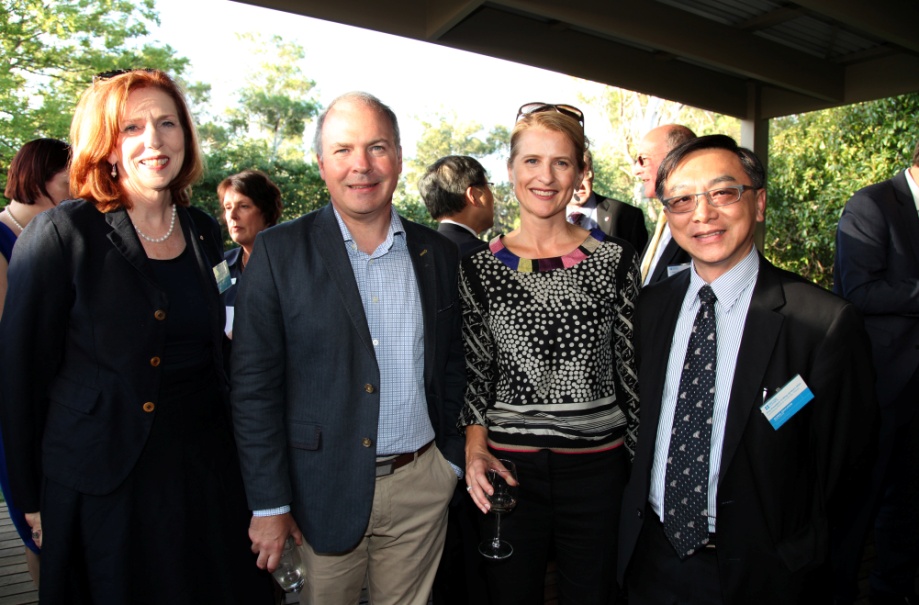
(Image: courtesy of the British Council Australia and Erica Hurrell)
Global Education Dialogue (GED) launched on March 9, Coming Up With New Ideas.
Global Education Dialogue (GED) launched on March 9, Coming Up With New Ideas. On March 9 and 10, 2015, Global Education Dialogue (GED) was held at Canberra to target on the issue-From Catapults to Commercialisation: How Can Universities Use their Knowledge and Research More Effectively? Many celebrated scholars and delegates from well-known research centers in Britain, Australia and South-Easter Asia gathered together in this conference to discuss the issue. The issue of this conference is mainly an extension of Hon David Willett's visit to Australia and Indonesia back in February of 2014. Hon David Willett appointed as the minister for Universities and Science, represented British government to show their determination and commitment to the area’s development. In spite of a variety of viewpoints with regards to the development in the area concerned, commercializing universities' research outputs has long been the greatest concern of the targeted areas and Australia.
Delegates from GED attentively investigated the impact brought forth by the policy of commercializing research outputs on the structure of universities and education projects on the average. Vice president Yi-Ming Chen gave a speech onKnowledge Commercialization through Academic-Industry Collaboration in Taiwan-KMU as an Example,from which a variety of KMU's present situation, organization, and upgrading human resources were fully expounded. One of the main topic-The education pipeline and preparing for failure, has fully explained that from the near future, most of the innovation and profits gaining would be determined by the alumni whose innovative power and dedication to industrial outputs will be constructed during the four years training in school. The extent of their excellence would in turn contribute the development of academic-industry collaborations. He suggested that in the future, we might have developed a pattern to support the academic education as well as research from the industry. By means of academic-industry collaboration, post graduates would be able to find financial uphold from the outside and in advance cultivate more elites dedicating to industry. KMU's pattern would set up a great model for all as Vice President Chen concluded. With the input of exterior support from the industry, the research outputs would be likely to meet the need of real world, which would become a healthy circle for simultaneously generating upward growth of profits and research outputs.
